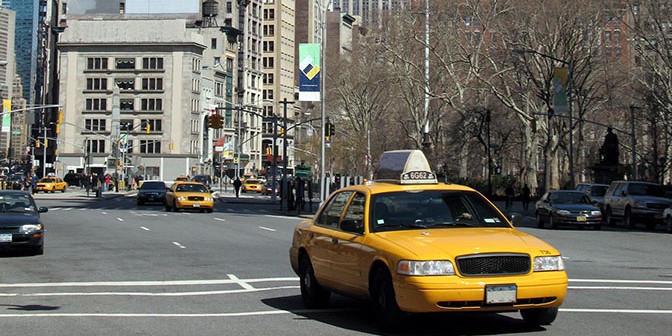The City of Portland begins a 120-day “pilot project” to allow private car-sharing companies such as Uber and Lyft to legally compete with cab companies. Given the consumer demand for such services, there is little doubt that the Portland experiment will become permanent.
Cab services have long been heavily regulated. Detailed rules governed every facet of operation, including rates, dispatching, and―most importantly―the number of cabs allowed in the city. Although justified as “protecting the public interest,” the system was really designed to protect cab companies from new competition.
This model is now being swept aside by the dual forces of technological innovation and entrepreneurial success. Goodbye taxi cartel, hello freedom.
Unfortunately, the roads that we all use are still run as a government monopoly. As with the old taxi cartel, if state officials decide that no more highways will be built, consumers are stuck with a shortage of service. And in fact, that decision has already been made. The last new highway in the Portland region opened in 1982. There are no plans for a new one.
Ultimately, this model can’t work. As Portland grows, we will need new roads. Encouraging the road-building “Ubers” of the world to provide these services is the next logical step in the growth of the regional transport economy.
John A. Charles, Jr. is President and CEO of Cascade Policy Institute, Oregon’s free market public policy research organization.





